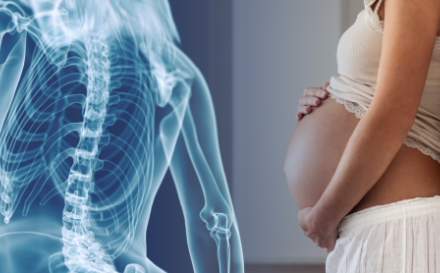
*Price calculated using world bank classification
Pregnancy and lactation-associated osteoporosis
Pregnancy and lactation-associated osteoporosis (PLO) is an infrequent condition defined by the occurrence of non-traumatic fractures – most frequently vertebral – during the third trimester of gestation and/or the first months of postpartum. Recent studies of bone microarchitecture have contributed to our understanding of the pathophysiology of the condition, showing severe deterioration.
Although there is consensus about discontinuation of lactation and calcium and vitamin D supplementation as the first steps in the treatment of these patients, there is still controversy regarding the long-term and/or pharmacological management of this condition.
In this course, Professor María Belén Zanchetta will summarise the current understanding of pregnancy-associated osteoporosis. She will explain the data from recent research on the epidemiology and physiopathology of the disease and also present recommendations for clinical management.
Key Learning Objectives of this course include:
- To briefly recall the changes in bone physiology during pregnancy
- To discover the most recent data on the clinical presentation and bone health implications of pregnancy-associated osteoporosis
- To learn about the current consensus on clinical management of pregnancy-associated osteoporosis
